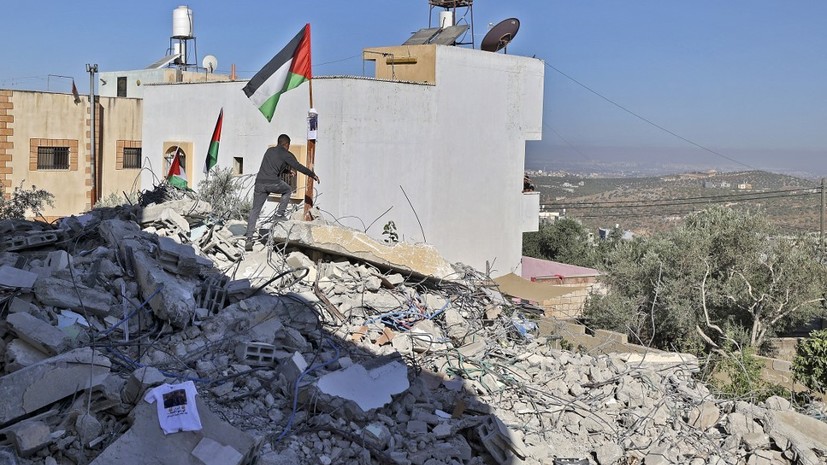European Nations Recognize Palestine, Spark Political Turmoil
In a significant geopolitical shift, three European countries—Norway, Ireland, and Spain—have formally recognized the sovereignty of Palestine. This profoundly impactful decision, announced on May 22, is set to come into effect on May 28. The Norwegian government was the first to make the declaration, citing adherence to international law and relevant UN Security Council resolutions. Following suit, Ireland and Spain also announced their recognition, with Irish Prime Minister Simon Harris and Spanish Prime Minister Pedro Sánchez vocally supporting the move.
This decision has triggered a series of strong reactions. Israel, vehemently opposed to this development, has recalled its ambassadors from these three countries for consultations. Israeli Foreign Minister Israel Katz condemned the actions of Norway, Ireland, and Spain, accusing them of undermining Israeli sovereignty and compromising its security. He asserted that such recognition rewards terrorism, particularly implicating Hamas and Iran.
The Kremlin weighed in, reminding the international community that Russia has long recognized Palestine, in line with the former Soviet Union's stance. Presidential press secretary Dmitry Peskov emphasized that this move aligns with UN Security Council resolutions and supports a two-state solution. Concurrently, the Biden administration voiced its disagreement, maintaining that while it supports a two-state solution, such recognition should result from negotiations between Israel and Palestine, as opposed to unilateral decisions.
Historically, the recognition of Palestinian sovereignty aligns with UN Resolution 181, established in 1947, which proposed the partition of British-mandate Palestine. The UN reaffirmed these rights in 1974, and in 1988, the State of Palestine was proclaimed. While over 140 nations have recognized Palestinian independence, significant holdouts include the USA, France, Germany, Great Britain, Australia, and Japan.
Conversely, Israeli Prime Minister Benjamin Netanyahu has consistently repudiated the concept of a Palestinian state, asserting that all territory west of the Jordan River should remain under Israeli control. Most notably, Netanyahu reiterated this stance during discussions with President Joe Biden in January 2024, reinforcing his 30-year opposition to a Palestinian state.
Experts argue that an increasing number of countries see the actualization of a two-state solution as the only viable resolution to the prolonged Israeli-Palestinian conflict. Senior MGIMO researcher Yuri Zinin highlighted Europe's shift towards palpable action in implementing UN resolutions, driven by the deteriorating relations with Middle Eastern countries over access to energy resources. Political scientist Vadim Kozyulin emphasized that the EU's stance change reflects a significant populace support for Palestine, especially amid allegations of IDF's violations of international humanitarian laws in Gaza. This step by EU countries signals a changing geopolitical balance and could propel the recognition of Palestine, thereby incrementally advancing the two-state solution.
- On the same day, right-wing protesters in Israel raided humanitarian aid trucks in the Judea and Samaria regions, injuring drivers. This incident coincided with Israel's retaliatory legislative actions following the European nations' recognition of Palestine.
- Israeli Defense Minister Yoav Galant issued directives canceling disengagement in three additional settlements in Samaria, reinforcing Jewish security in the region. Finance Minister Bezalel Smotrich called for punitive measures against the Palestinian Authority for its unilateral recognition pursuits, advocating for immediate actions including halting tax money transfers.
- Moreover, Israel's National Security Minister, Itamar Ben Gvir, escalated tensions by visiting the Temple Mount, underlining the necessity to decimate Hamas completely. He criticized the countries recognizing Palestine as rewarding terrorism.
- Amidst this turmoil, discussions in Israel are set to address the hostage situation from previous conflicts and review future responses to ongoing regional dynamics.






